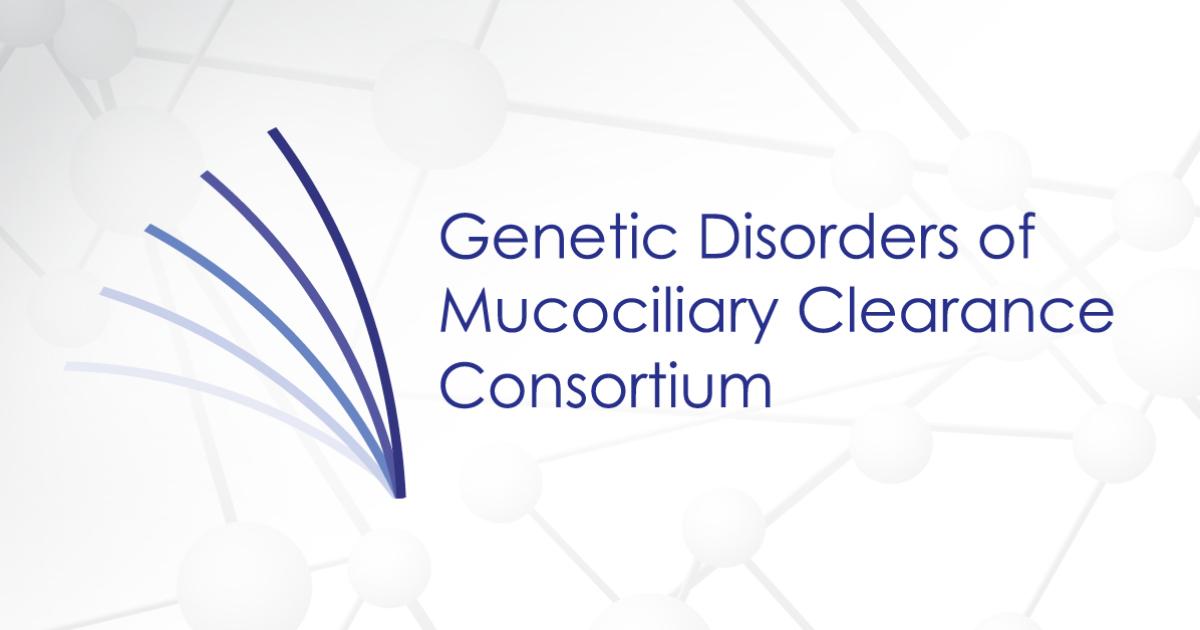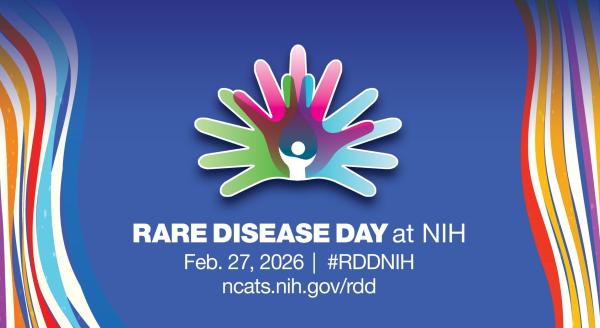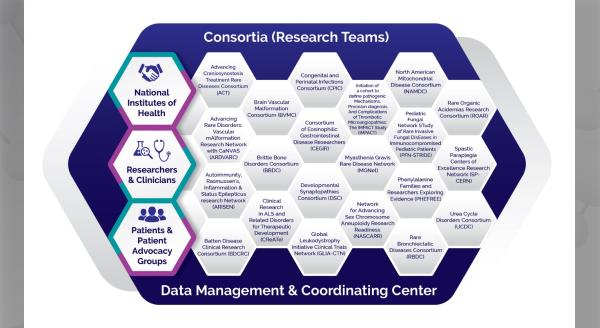
When my daughter was diagnosed with primary ciliary dyskinesia (PCD) in 1991, after seven long years of looking for answers for her chronic lung infections, my first question was 'who is doing research on this disorder?'
I was told that no one was and that it was highly unlikely anyone ever would pursue research on PCD because the disorder was genetically complex and affected too few people. This was devastating news for a parent to hear, yet it is a common reality faced by those with rare diseases. I wasn't looking for miracles, but it struck me as profoundly unjust that an accident of birth should impact access to appropriate care and hope for the future. It also struck me as profoundly short-sighted. Research on other rare disorders had already yielded substantial benefits that were being applied broadly.
After a decade of hearing 'no,' I eventually was put in touch with Dr. Michael Knowles' group at the University of North Carolina, Chapel Hill (UNC). I was familiar with Dr. Knowles from his work in cystic fibrosis, a disorder with similar features to PCD, and knew that UNC was a strong research institution. Dr. Knowles and his pediatric pulmonology colleague, Dr. Margaret Leigh, were indeed interested in PCD research. The pieces were beginning to fall into place; strong research interest, dedicated patient advocacy - now we just needed structure and funding.
"Thanks to these tireless efforts, 'there will never be research on your child's disorder' is now 'which research opportunity should we pursue first?!'"
Enter the Rare Diseases Clinical Research Network (RDCRN) and Dr. Steve Groft's dedicated staff at the Office of Rare Diseases Research/National Center for Advancing Translational Sciences (ORDR/NCATS). Through this program, we were able to create a multi-site network (the Genetic Disorders of Mucociliary Clearance Consortium, or GDMCC) to address some of the most pressing unanswered questions about PCD and other rare airway disorders and to build a foundation to overcome obstacles to clinical research. These successes are nicely summarized in Dr. Knowles' excellent review in this edition of Spotlight.
There is no doubt in my mind that without the RDCRN and Dr. Steve Groft's leadership at bringing together dedicated researchers, passionate patient advocates and the support of government agencies, we would still be facing a future with no hope for better treatments or cures for PCD and many other rare disorders. Thanks to these tireless efforts, 'there will never be research on your child's disorder' is now 'which research opportunity should we pursue first?!'
Additional Information:
Michele Manion
Executive Director, PCD Foundation







